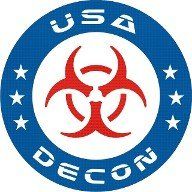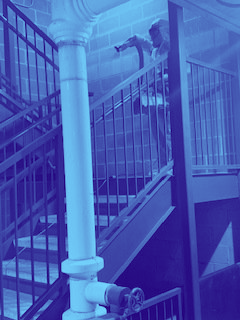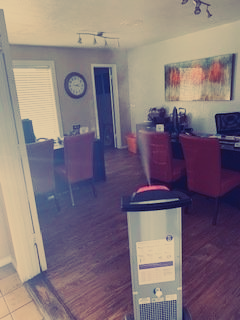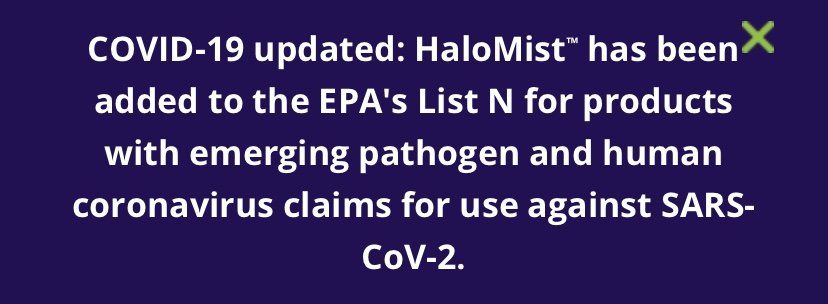Coronavirus Disinfection Service
Novel Coronavirus (COVID-19) Decontamination and Cleaning Company in Texas
- Offices
- Warehouses
- Homes
- Schools
- Daycares
- Airplanes
- Gyms
- Restaurants
- Manufacturing Facilities
- Long Term Care Facilities
FAQS
- What is a coronavirus COVID-19?
The new virus is a type of a coronavirus. Coronaviruses are a group of viruses that can cause a range of symptoms including a runny nose, cough, sore throat and fever. Some are mild, such as the common cold, while others are more likely to lead to pneumonia. They're usually spread through direct contact with an infected person.
The coronavirus gets its name from the crown-like spikes on its surface, according to the CDC. (Corona is Latin for crown.) Including the newly identified form of the virus, there are a total of seven coronaviruses that can infect humans, the CDC says. Other well-known coronaviruses include SARS and MERS.
The new virus causes a disease called COVID-19, which stands for coronavirus disease 2019, the year it was discovered.
- What are the symptoms?
Key symptoms to watch for include fever, cough and shortness of breath or difficulty breathing. However, the illness can also cause body aches, sore throat, vomiting and diarrhea.
Up to 80 percent of those who become infected appear to have mild symptoms and may not even know they're sick. But in severe cases, the illness can cause pneumonia, kidney failure and death, according to the World Health Organization.
- Who is most at risk?
By far, the elderly — especially people over age 80 with underlying medical conditions, such as heart disease, diabetes or lung diseases — are most vulnerable to complications of the coronavirus.
It's why the American Health Care Association recently released guidelines limiting visits to nursing homes and other assisted living facilities to curb the spread of illness.
Very few children have been diagnosed, and even in those cases, symptoms have been mostly mild.
- How does the coronavirus spread?
The coronavirus is spread through respiratory droplets when a sick person coughs or sneezes. People within 6 feet of an infected individual are most at risk for inhaling these droplets.
A person could also become infected through contact with the virus particles on a surface, though it's unknown how long the new coronavirus can survive on surfaces outside of the body. Research has shown that other coronaviruses can survive on hard surfaces for hours to days. If an infected person sneezes or coughs onto a surface, such as a countertop or doorknob, and another person touches that surface and then rubs his or her eyes or nose, for example, the latter may get sick.
- How long does it take for someone to get sick?
The new coronavirus's incubation period — meaning the time it takes from a person being infected with the virus to when they start showing symptoms — appears to be anywhere from two to 14 days, though the average amount of time it takes a person to get sick is about five days, according to the World Health Organization. It's unclear whether a person is contagious during the incubation period.
- How can I prevent coronavirus?
One of the simplest prevention measures a person can take is proper hand-washing.
The CDC recommends washing hands with soap and water before eating, after using the bathroom, and after blowing your nose, coughing or sneezing, and before and after caring for a sick friend or a family member.
The most effective way to clean hands is to wet them with clean water, then apply soap and scrub for at least 20 seconds, before rinsing and drying with a clean towel.
Soap helps lift germs from the surface of the skin, but it's the scrubbing that gets germs off hands. Hand sanitizer is a good alternative, but it must have at least 60 percent alcohol to be effective, according to the CDC.



